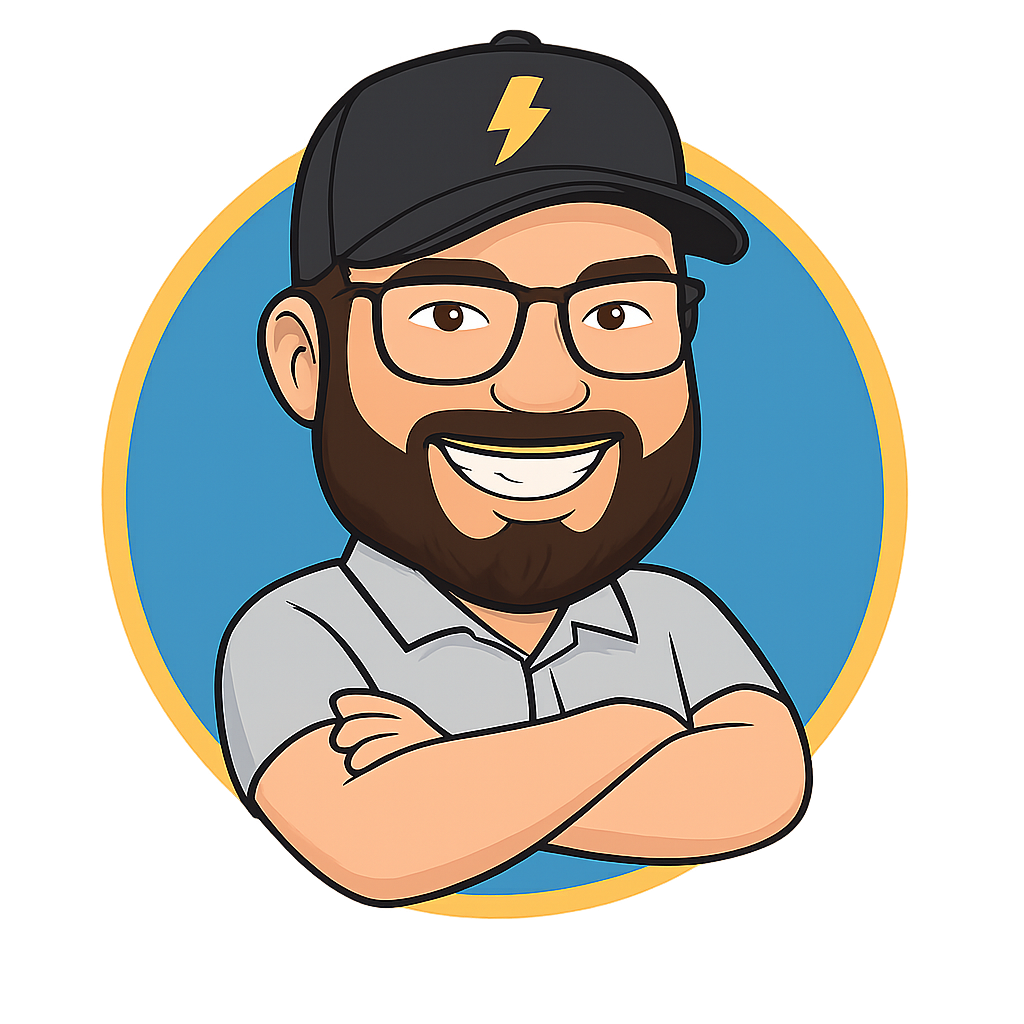
Chicago has its own unique building code and fire safety rules—especially when it comes to emergency lights and exit signs. This guide breaks down what’s different, what’s required, and how to stay compliant if you're installing life safety lighting within city limits.
🏙️ What Makes the Chicago Code Different?
Chicago's municipal code does not follow NFPA 101 or IBC by default. Instead, it enforces its own regulations regarding emergency lighting and exit signage, requiring:
- Specific electrical wiring methods and metallic conduit
- City-approved testing and inspection protocols
- UL-listed and Chicago-labeled emergency fixtures
Fixtures that are approved in other jurisdictions may not be accepted without a Chicago-specific listing or evaluation.
🚪 Chicago Exit Sign Requirements
- Exit signs must be UL Listed and specifically labeled for Chicago
- Signs must be illuminated 24/7 and remain lit during power loss
- Backup power for at least 90 minutes (battery or generator)
- Wording, colors, and visibility must comply with city specs
Use signs labeled "Chicago Approved" to ensure acceptance by city inspectors.
💡 Emergency Lighting Requirements
- Lighting must activate automatically upon power failure
- Minimum 90-minute runtime is required
- Wiring must comply with city-specific conduit and junction box specs
- Units must be suitable for the installed environment (damp, wet, or cold)
Installers must use city-approved methods to pass inspection and avoid rework.
❓ Chicago Code FAQ
-
Does UL 924 apply in Chicago?
Yes, but fixtures must also carry a Chicago Approval label or documentation. -
Can I use tritium or photoluminescent signs?
Only if specifically approved by the City of Chicago—many are not accepted by default. -
Are combo units allowed?
Yes, as long as they are UL listed and labeled for Chicago use with approved wiring methods.
📚 Helpful Resources
🧠 Final Thoughts
Chicago doesn’t just follow national standards—it builds on them. If you’re working on a project in the city, be sure to choose lighting fixtures that are UL 924 compliant and clearly labeled for Chicago. That’s the fastest way to approval—and the safest choice for any facility.
